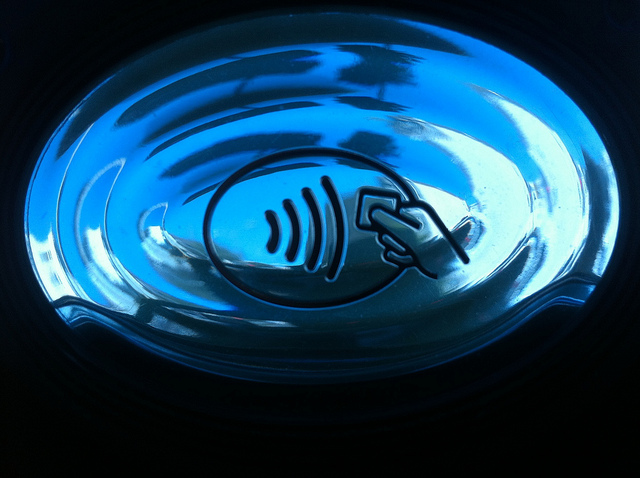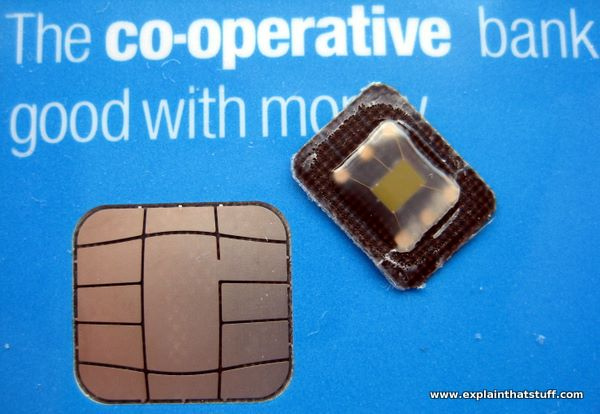A source speaking to the International Business Times said that HBO will launch its standalone streaming service, called HBO Now, for $15 per month this spring with the premier of Game of Thrones. The company is also working with Apple to make Apple TV one of the launch partners for the service, the sources said.
HBO’s standalone streaming service has been greatly anticipated. For a monthly fee, viewers will be able to get HBO content without having to pay for an entire cable package. HBO’s long-standing relationship with pay-TV packages has prevented it from capturing key audiences, including younger people who may have never paid for TV service before and watch most of their entertainment online. HBO currently has a streaming service called HBO Go, but a bundled TV package is required for access.
HBO will serve up its content with the help of Major League Baseball’s Advanced Media platform, a decision that was made after the network decided to throw out its homemade streaming platform in late December. HBO’s Chief Technology Officer Otto Berkes also resigned at that time.
Read 4 remaining paragraphs | Comments



